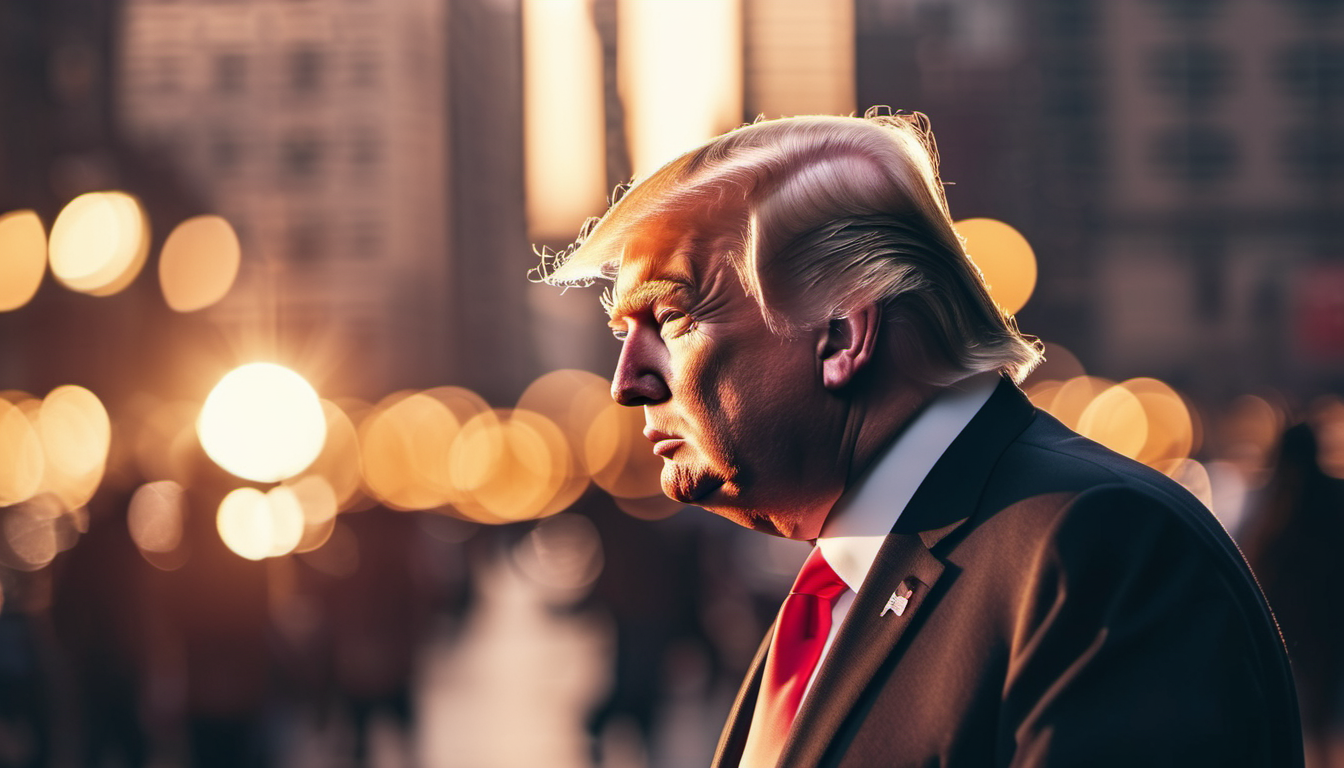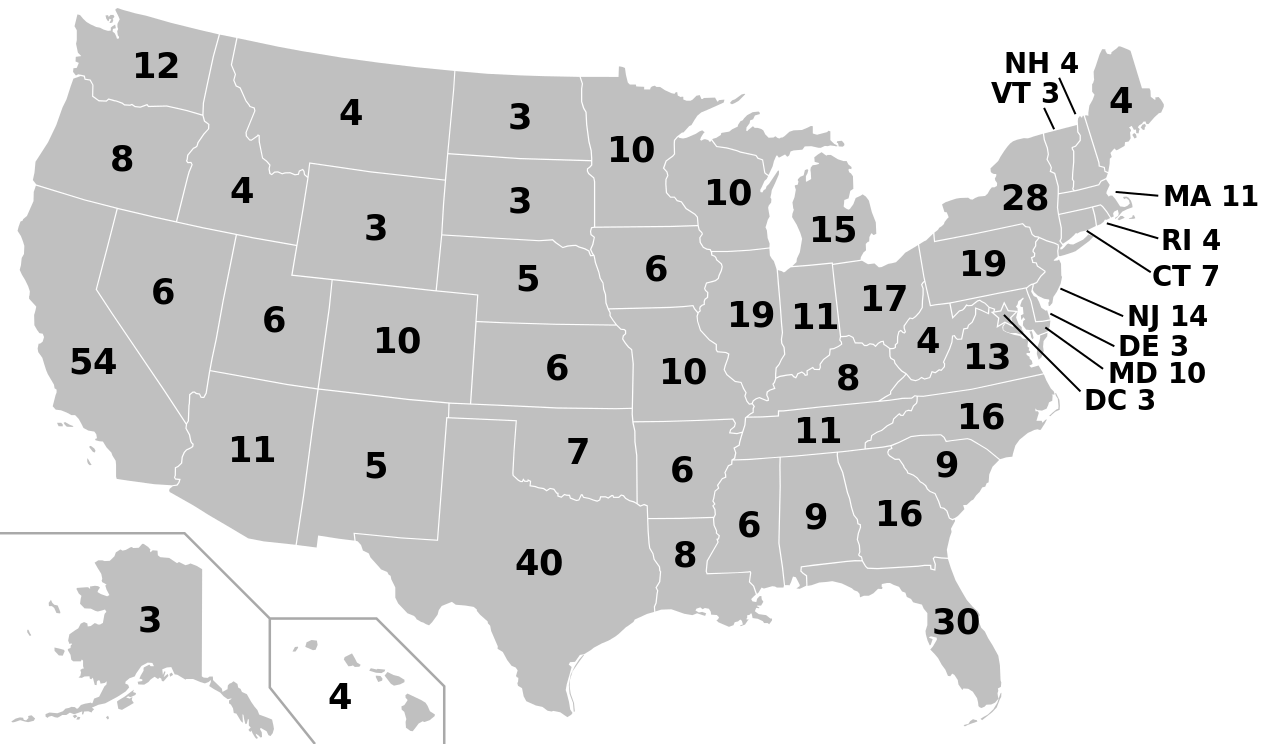In a landmark decision, a Hong Kong court has ordered the liquidation of China Evergrande Group, the world’s most heavily indebted real estate developer, following a failed attempt to restructure its staggering $300 billion debt owed to banks and bondholders. The move raises concerns about China’s growing debt burden and its potential impact on the global financial landscape. The court’s decision comes amid a broader crackdown on excess borrowing in the Chinese property sector, a move initiated by the ruling Communist Party to curb surging debt that poses a threat to the country’s economic growth.
China Evergrande Group is just one among many Chinese developers that have collapsed since 2020 due to increased official pressure to address escalating debt levels. However, the consequences of this crackdown have rippled through the property industry, contributing to a broader economic crisis and unsettling financial systems both within and outside of China.
Despite the regulatory assurances that the risks of global shockwaves resulting from Evergrande’s failure can be contained, the court documents revealed that the real estate giant owes approximately $25.4 billion to foreign creditors. This massive debt burden far exceeds Evergrande’s total assets, which are valued at around $240 billion.
The company’s chairman, Hui Ka Yan (also known as Xu Jiayin), was detained by authorities in late September for suspected “illegal crimes,” further complicating Evergrande’s recovery efforts. With about 90% of its business concentrated in mainland China, the impact of the liquidation order on China’s financial system and Evergrande’s ongoing operations remains uncertain.
The Hong Kong-traded shares of Evergrande plummeted nearly 21% early on the day of the court decision before trading was suspended. However, the broader Hang Seng index in Hong Kong experienced a 0.9% increase, with some property developers, such as Country Garden and Sunac China Holdings, witnessing gains in their share prices.
Despite a reprieve granted to Evergrande in December to refine a new debt restructuring plan, the court found that the company had made insufficient progress and had not presented a viable proposal with the support of the requisite majorities of creditors. Judge Linda Chan emphasized the lack of a meaningful restructuring proposal and Evergrande’s gross insolvency as key factors in the decision to wind up the business.
Fergus Saurin, a lawyer representing a group of creditors, expressed no surprise at the outcome, citing Evergrande’s failure to engage meaningfully in negotiations. Saurin noted a history of last-minute engagement that yielded no results, placing the blame squarely on Evergrande itself for the court-ordered liquidation.
Two liquidators appointed by the court, Tiffany Wong and her colleague from global services firm Alvarez & Marsal, outlined their priority to retain, restructure, and keep as much of Evergrande’s business operational as possible. They stressed a structured approach aimed at preserving and returning value to creditors and stakeholders, including considering viable restructuring proposals.
Evergrande’s CEO, Shawn Siu, expressed “utmost regret” at the liquidation order but emphasized that it only affects the Hong Kong-listed unit, with the group’s domestic and overseas units being independent legal entities. Siu reassured stakeholders that Evergrande would strive to continue operations and fulfill its obligations to property buyers.
The liquidation of Evergrande marks a significant development in China’s real estate sector, which has been a driving force behind the country’s economic growth. Developers like Evergrande borrowed heavily to transform cities into landscapes dominated by towering residential and commercial structures, contributing to a total debt load exceeding 300% of annual economic output.
Evergrande’s initial default in 2021 came just over a year after Beijing imposed restrictions on lending to property developers to cool an overheated property market. As Hong Kong operates under a legal system distinct from mainland China, Evergrande’s liquidation becomes a test case for how bankruptcy rulings in the region are handled.
Brock Silvers, managing director at Kaiyuan Capital, suggests that the liquidation order is likely to have a more immediate impact on foreign investors and their confidence in China’s financial markets than on Evergrande’s mainland operations. However, David Goodman, director of the China Studies Center at the University of Sydney, warns that the restructuring of Evergrande and other struggling property developers will be a complex and challenging process, indicating that the government faces difficult decisions in navigating these economic challenges.









Leave a Reply